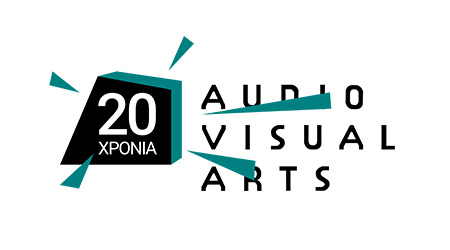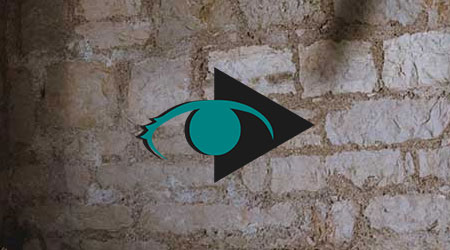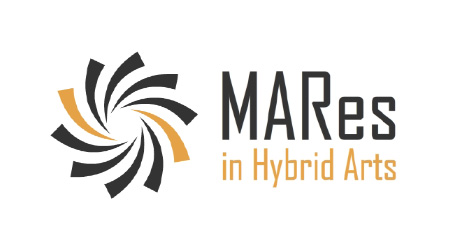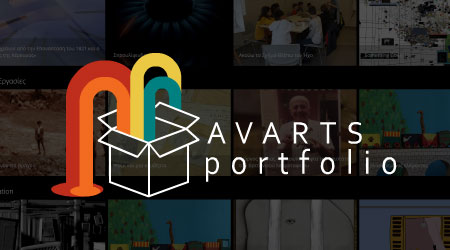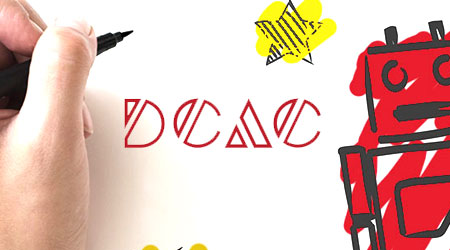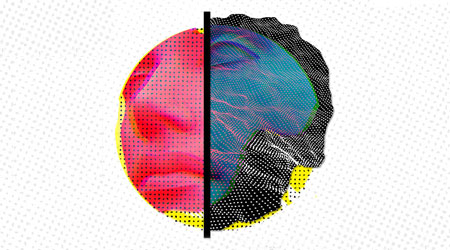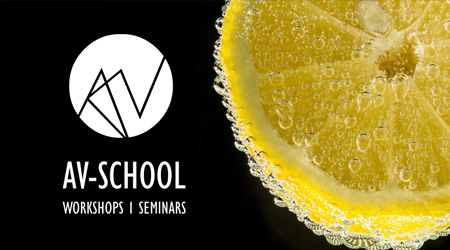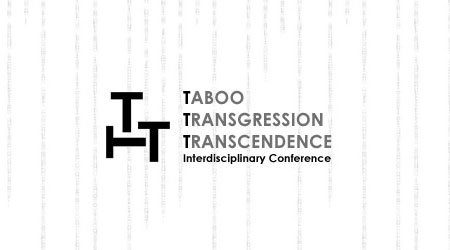Virtual and Augmented Reality Environments
Teaching Staff: Komianos Vassilis
Course Code: AVA846
Course Category: Deepening Knowledge
Course Type: Elective
Course Level: Undergraduate
Course Language: Greek
Delivery method: Lectures
Semester: 8th
ECTS: 7
Teaching Units: 4
Teaching Hours: 4
E Class Page: https://opencourses.ionio.gr/modules/contact/index.php?course_id=150
Teaching Structure:
| Activity | Semester Workload |
|---|---|
| Lectures | 26 |
| Lab Practice | 26 |
| Literature Study and Analysis | 80 |
| Practice and Preparation | 43 |
| Course Total (ECTS: 7) | 175 |
Recquired / Recommended : (TEC210), (TEC310), (TEC410), (TEC611), (AVA745)
Prerequisite to / Recommended to: (AVA942)
The course examines the theoretical and technological foundations of the field of mixed reality and examines in particular the particular parameters on the basis of which virtual and augmented reality systems are designed and implemented, through the achievement of authentic 3D audio-visual representation and mixing between the real and the virtual. Furthermore, the interaction techniques between the user and these systems are analyzed and special emphasis is placed on their applications in the field of modern digital arts and in the field of software application development in fixed and portable computing environments.
Upon successful completion of the course, students will be able to: understand the theory of user perception and interaction in virtual-augmented reality environments, to design methods of interaction and visualization, make use of existing technologies and methodologies, develop and integrate content into these environments; to design and implement virtual-augmented reality environments and apply them to serve specific purposes (education, arts, entertainment, etc.).
Week 1: Introduction to virtual and augmented reality environments. Demonstration of virtual and augmented reality environments.
Week 2: Anatomy of virtual-augmented reality environments. Equipment, immersion, interaction. Introduction to virtual-augmented reality application development environments.
Week 3: Immersion in virtual reality environments. Content development for virtual-augmented reality environments.
4th Week: Forms of interaction (embodied, tangible) in virtual-augmented reality environments. Technologies and equipment. Application development for virtual-augmented reality environments. Learning development environments (Unity3D, AR toolkit, Vuforia).
Week 5: Content of virtual-augmented reality applications. Content and interaction in virtual-augmented reality applications.
6th Week: Virtual-augmented reality systems and positioning, movement and interaction technologies. Implementation of positioning, movement and interaction mechanisms.
7th Week: Study and design of interaction methods in virtual reality environments. Implementation of interaction methods in virtual reality environments.
8th Week: Study and design of interaction methods in augmented reality environments. Implementation of interaction methods in augmented reality environments.
9th Week: Imaging issues, technologies and methodologies: rendering, overlaying, 3D stereoscopic vision. Design of virtual reality facilities.
Week 10: Designing Integrated Virtual Reality Systems.
Design of integrated virtual reality systems - laboratory application.
Week 11: Virtual and augmented reality: specific applications (science, health, business, construction, arts, culture, entertainment, games, movies, education, etc.). Case studies.
Week 12: Application of virtual and augmented reality environments for special purposes. Virtual reality and its effects (users, education, entertainment, society, economy).
Week 13: Methods of dealing with negative effects of virtual-augmented reality applications (isolation, violence and addiction). Legal and ethical issues in augmented reality.
Lepouras, G., Antoniou, A., Platis, N., Charitos, D., 2015. Development of virtual reality systems. [elec. bibl.] Athens: Association of Greek Academic Libraries. Available at: http://hdl.handle.net/11419/2546
Gerard Jounghyum. Designing virtual reality systems: the structured approach. London: Springer, c2005.
Kipper, Gregory. Augmented reality : an emerging technologies guide to AR. Amsterdam ; Waltham, MA : Syngress, c2013.
Also, students can consult:
Vosinakis, S., 2015. Virtual worlds. [elec. bibl.] Athens: Association of Greek Academic Libraries. Available at: http://hdl.handle.net/11419/3187
The lecture is presented using slides which will be available through the e-class platform. The study material is drawn from the recommended literature, case studies, and recent research papers which are cited and which students are encouraged to study. For a deeper understanding of the theory and its connection with the physical subject of the course, additional material is presented and listed in the e-class, which includes demonstration of representative applications. In each module, self-assessment tests will be provided and relevant small-load tasks will be given which will be presented in a specially dedicated section of the next lecture.
The workshop is conducted in a computer lab so that students can design, implement and run applications for virtual-augmented reality environments. The organization of the laboratory courses is done in such a way that in each module the knowledge of the previous modules is used, facilitating the implementation of the tasks in a flexible and incremental way. In addition, students are given the opportunity to participate in group work with the aim of creating results that can be viewed in the Department's extroversion actions.
Enhanced by multimedia content.
The learning process is supported by the asyncrhonous e-learning platform e-class.
The evaluation of the students' progress is done by using individual compulsory assignments which consist of a theoretical and a practical part in accordance with the organization and modules of the course. Papers are graded in terms of quality, scientificity and scope of implementation, adherence to guidelines and completeness of the presentation with which they complete their delivery presenting their research results.
Back
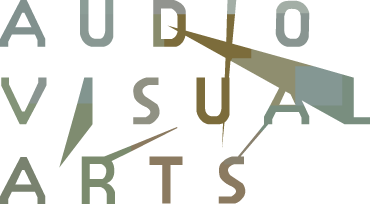


 Virtual and Augmented Reality Environments
Virtual and Augmented Reality Environments
